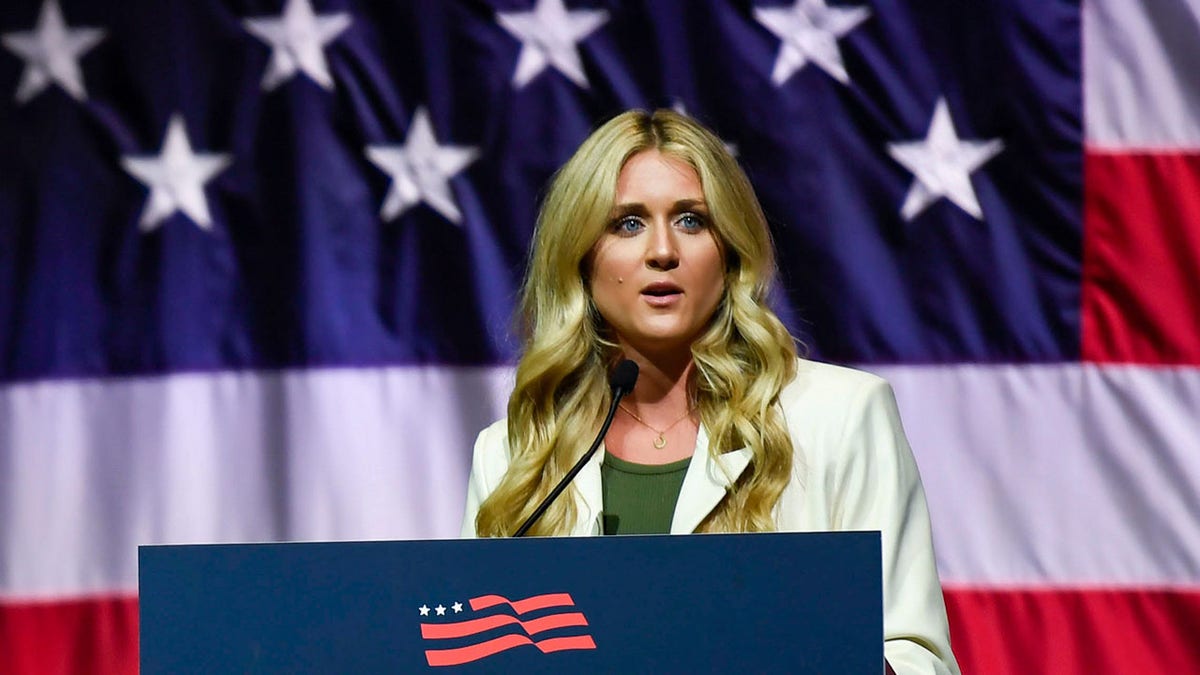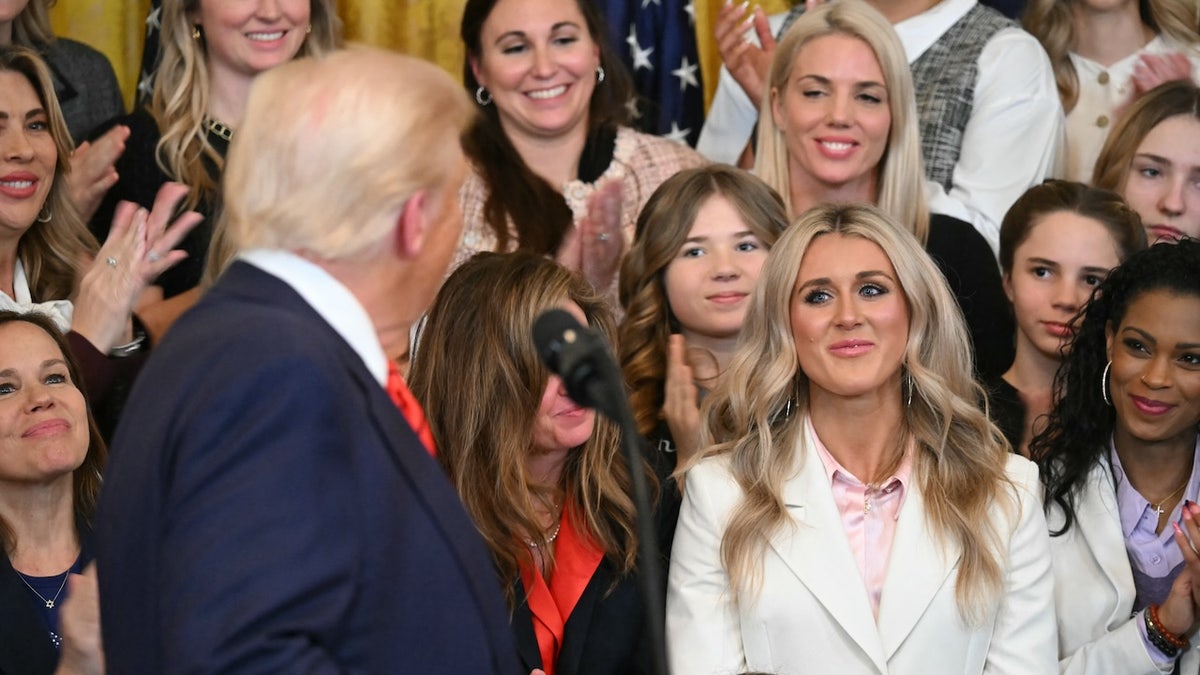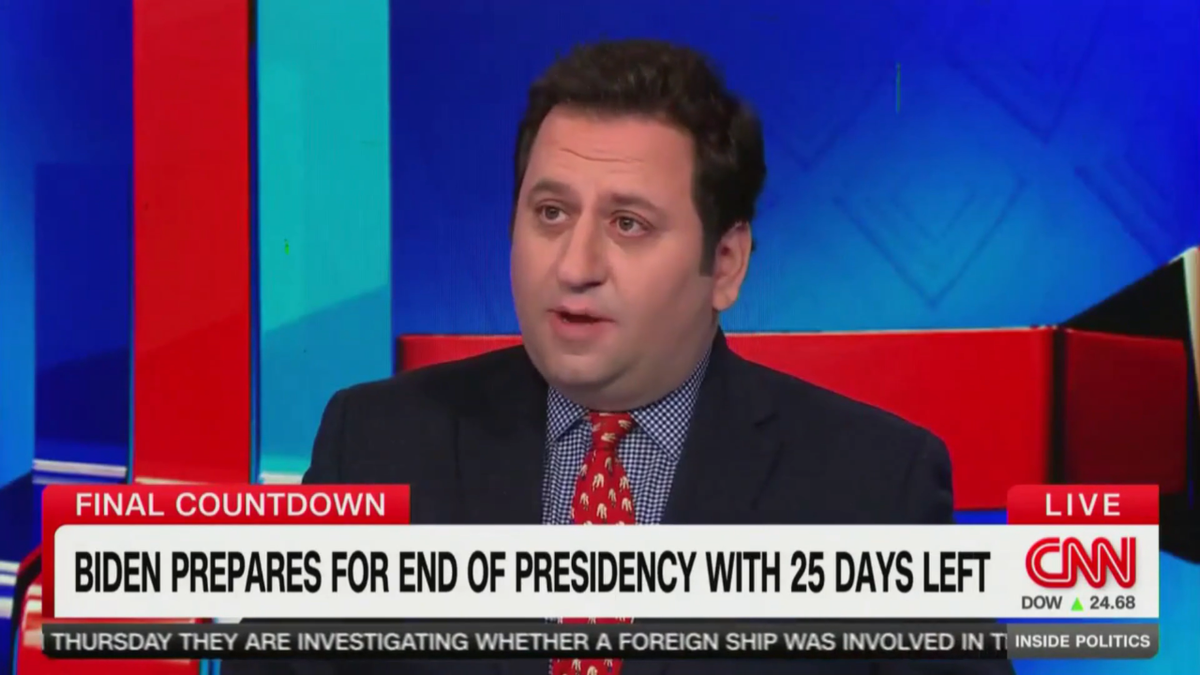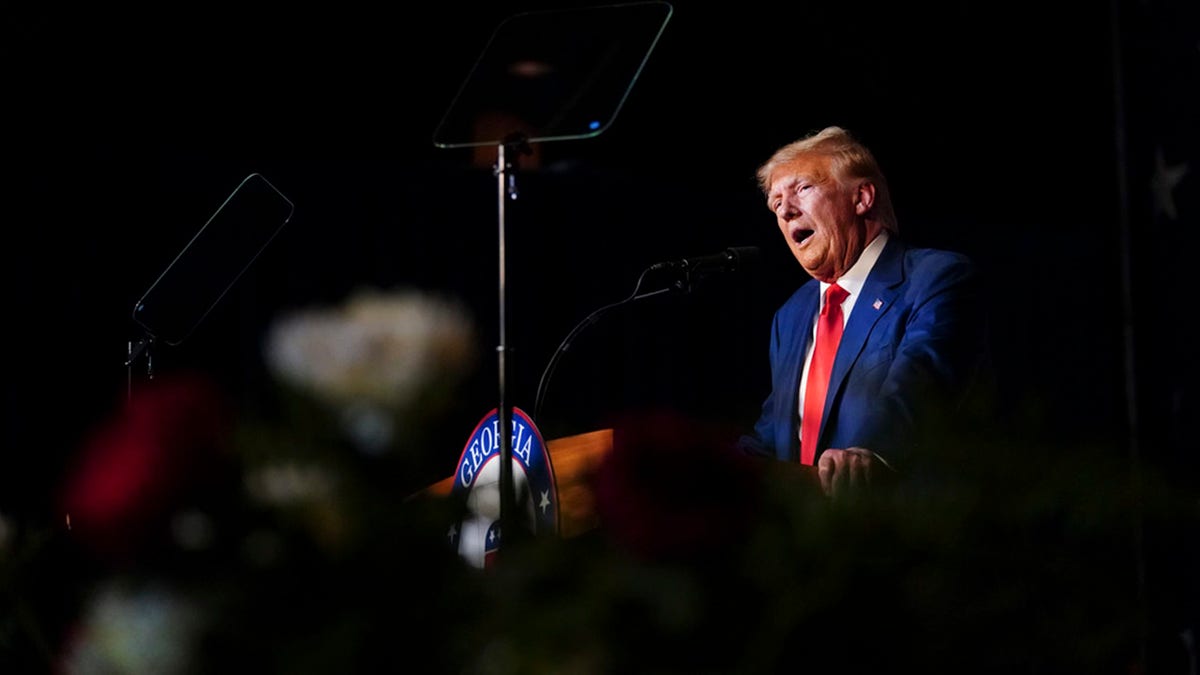Former NCAA swimmer Riley Gaines is making waves in the political arena, advocating against the inclusion of transgender athletes in women's sports. Following the Senate's rejection of the "Protection of Women and Girls in Sports Act," Gaines has intensified her commitment to challenging Democrats who support trans inclusion. Her activism extends to state-level initiatives, like the recent unsuccessful effort in Minnesota to pass a bill protecting female athletes.
Gaines has pledged to actively campaign against those who voted against the act, signaling a shift from her initial aspirations in health sciences and dentistry. She envisions a future potentially shaped by policy influence and public service, citing Tulsi Gabbard as a source of inspiration.

Gaines's influence is already evident. Legislation bearing her name, "The Riley Gaines Act," recently advanced in the Georgia House of Representatives, aiming to restrict transgender participation in women's sports. Her growing platform includes the "Gaines for Girls" podcast and recent appearances at events like the NASCAR Cup Series’ EchoPark Automotive Grand Prix.
Senator Marsha Blackburn, a collaborator on legislation addressing trans athletes in sports, expressed confidence in Gaines's potential. Gaines has also voiced opinions aligning with conservative viewpoints on immigration, border security, U.S.-Ukraine relations, and diversity, equity, and inclusion initiatives.

Gaines's immediate focus remains on challenging Democrats who voted against the recent Senate bill. She publicly called out Senator Jon Ossoff (D-GA) and indicated her intent to campaign against him in 2026. Gaines anticipates support from Republican figures, including Donald Trump, in her endeavors. She asserts that some Democratic senators privately oppose trans inclusion but offer various justifications for their public stances.
Gaines's evolving role from athlete to activist positions her as a prominent voice in the ongoing debate surrounding transgender athletes in sports and signals a potentially long-term engagement in the political sphere.








